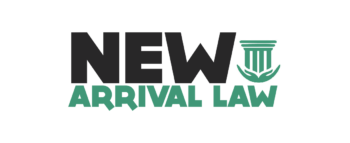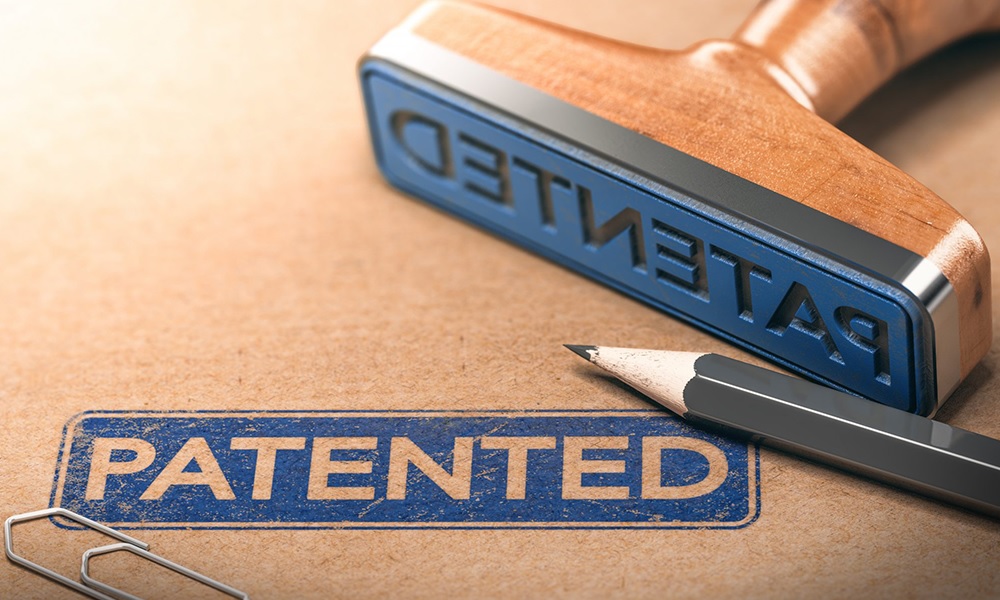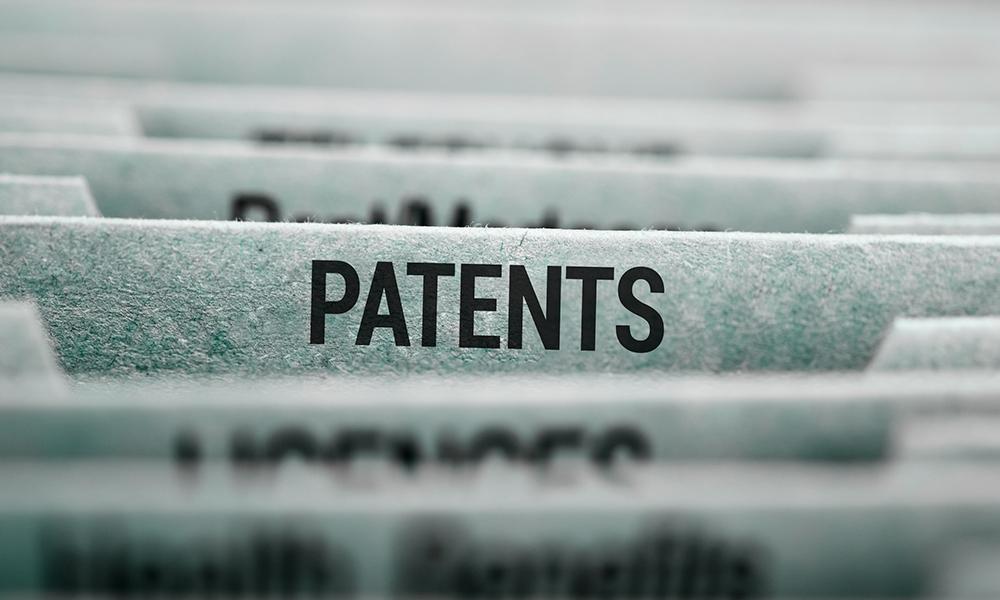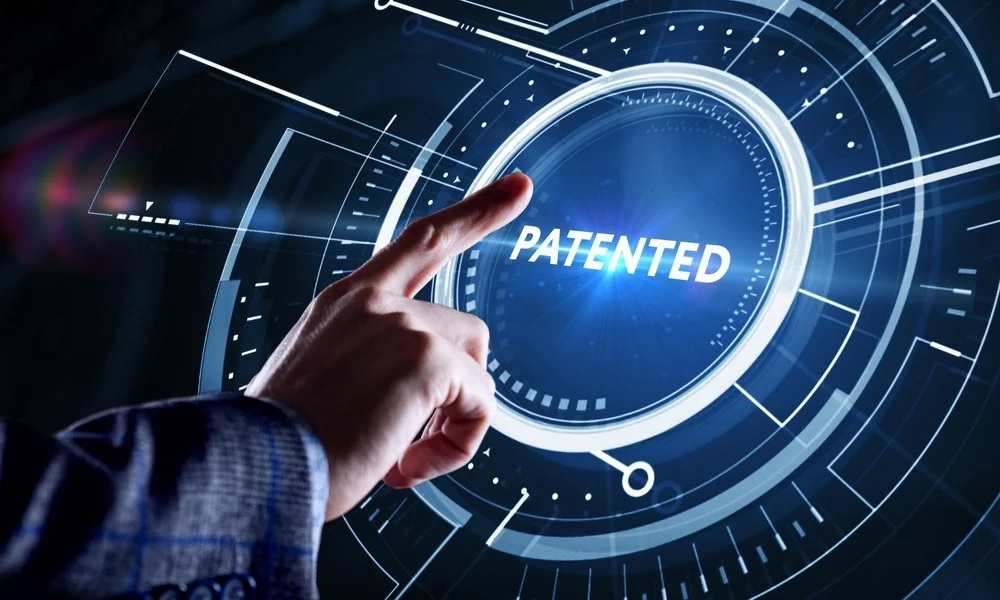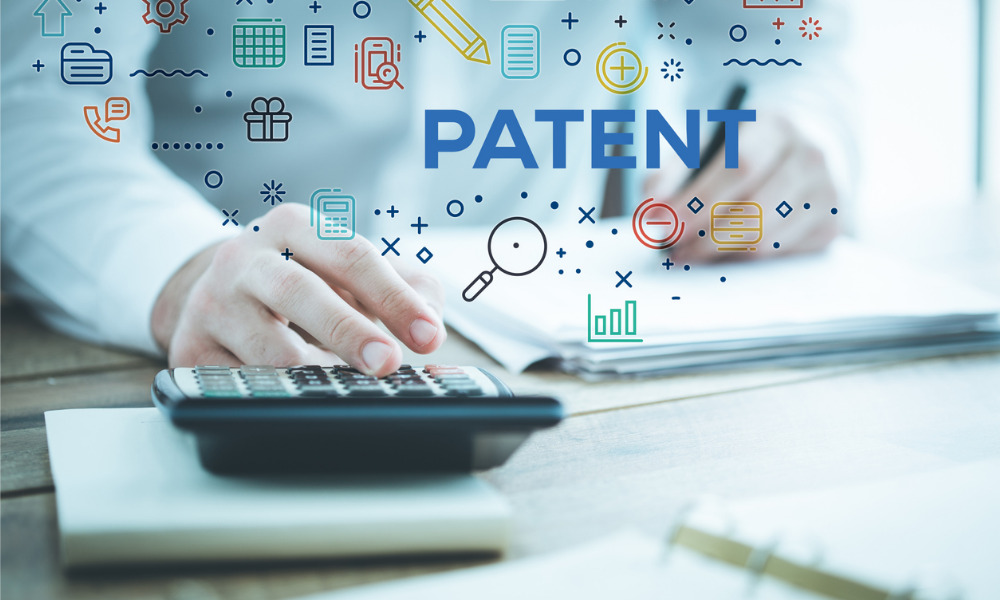Navigating Patent Laws in the Pharmaceutical Industry
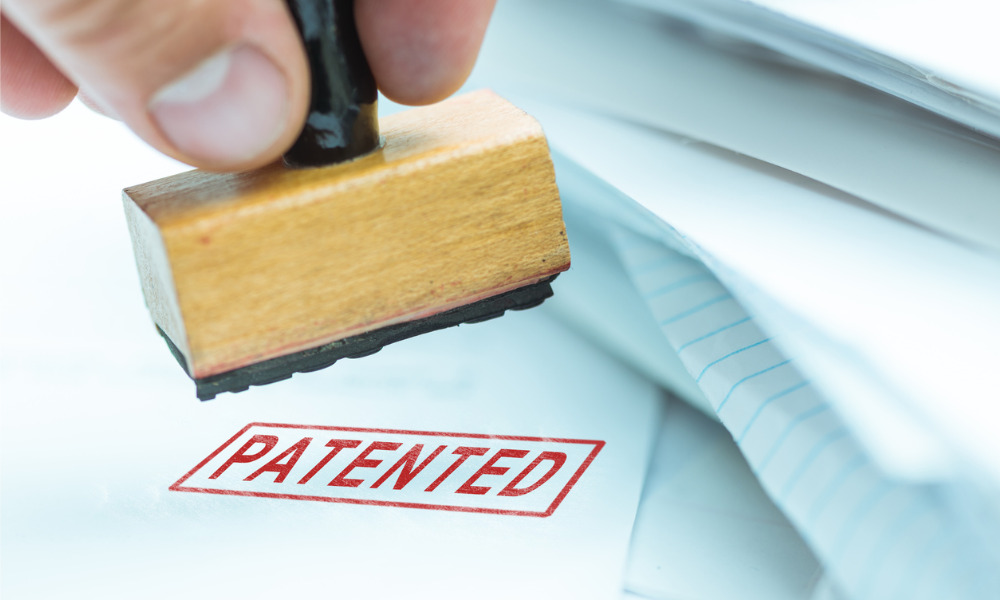
The pharmaceutical industry is a highly competitive and lucrative field, with companies spending billions of dollars on research and development to create innovative drugs that can improve and save lives. However, the process of developing and bringing a new drug to market is complex and time-consuming, and one of the most critical aspects of this process is obtaining and protecting patents.
Understanding Patent Laws
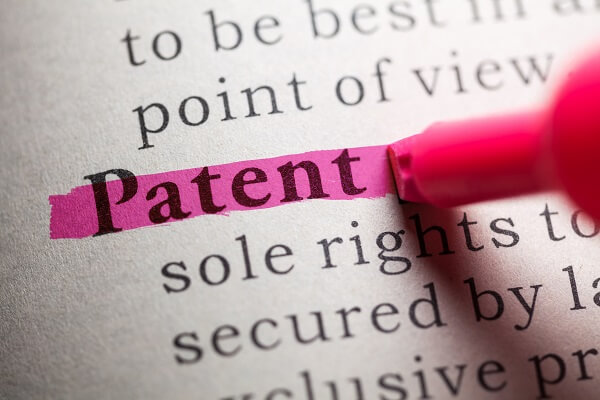
A patent is a legal document that gives the inventor of a new product or technology the exclusive right to make, use, and sell that invention for a set period of time. In the pharmaceutical industry, patents are crucial because they provide companies with a monopoly on the production and sale of their drugs, allowing them to recoup their research and development costs and make a profit.
Pharmaceutical patents are typically granted for a period of 20 years from the date of filing, but this can vary depending on the country. During this time, no other company can produce or sell a drug that is covered by the patent without the permission of the patent holder. This means that if a company wants to develop a drug that is similar to one that is already patented, they will need to find a way to make their product different enough to avoid infringing on the existing patent.
Challenges of Patenting Pharmaceutical Products
The process of obtaining a patent for a pharmaceutical product can be challenging and time-consuming. In addition to meeting the standard requirements for a patent, such as being new and non-obvious, pharmaceutical patents must also meet additional requirements, such as demonstrating that the drug is safe and effective for its intended use.
Another challenge in patenting pharmaceutical products is the issue of patent trolls. Patent trolls are individuals or companies that acquire patents for the sole purpose of suing other companies for infringement. This can be a significant problem in the pharmaceutical industry, where patent litigation is common due to the high stakes involved.
Protecting Pharmaceutical Patents
Once a pharmaceutical company has obtained a patent for their product, they must take steps to protect it. This includes monitoring the market for competitors who may be infringing on their patent and taking legal action if necessary. Companies may also choose to license their patents to other companies, allowing them to produce and sell the drug in exchange for royalties.
In addition to patent protection, pharmaceutical companies may also use other strategies to protect their products, such as seeking regulatory exclusivity. Regulatory exclusivity is a form of market exclusivity that is granted by regulatory agencies such as the FDA. This exclusivity period can provide an additional layer of protection for the company’s product, preventing competitors from entering the market for a set period of time.
Navigating patent laws in the pharmaceutical industry is a complex process that requires a deep understanding of the legal landscape and a commitment to protecting intellectual property. By obtaining and protecting patents for their products, pharmaceutical companies can ensure that they are able to recoup their research and development costs and continue to innovate in the field of medicine.
